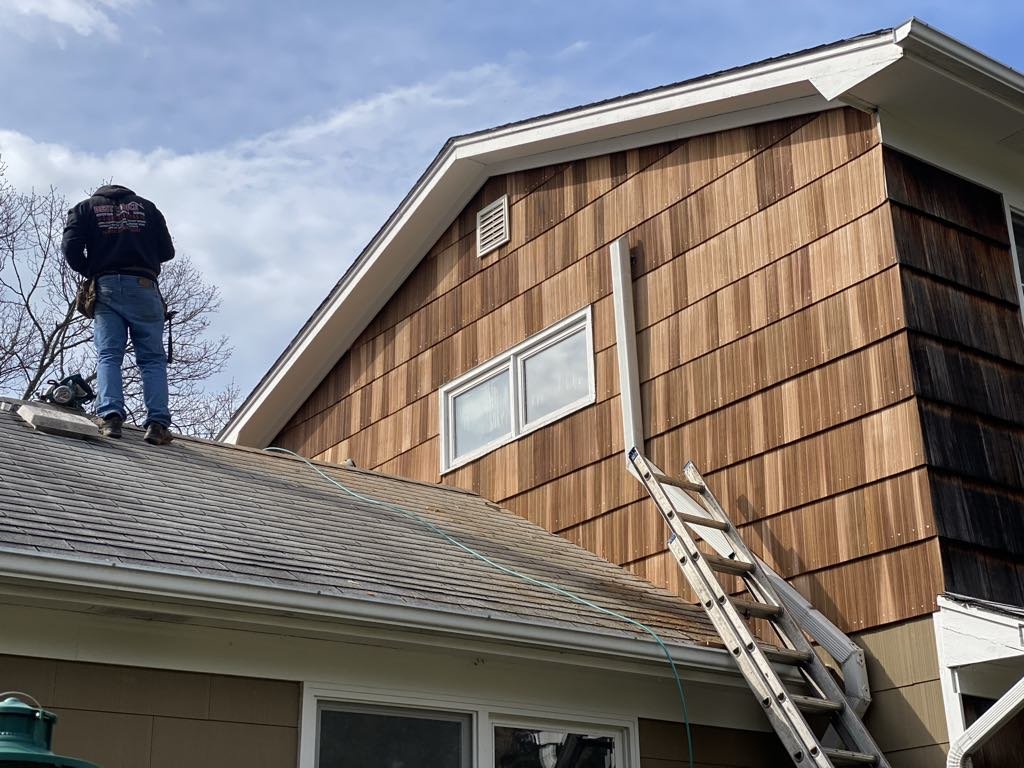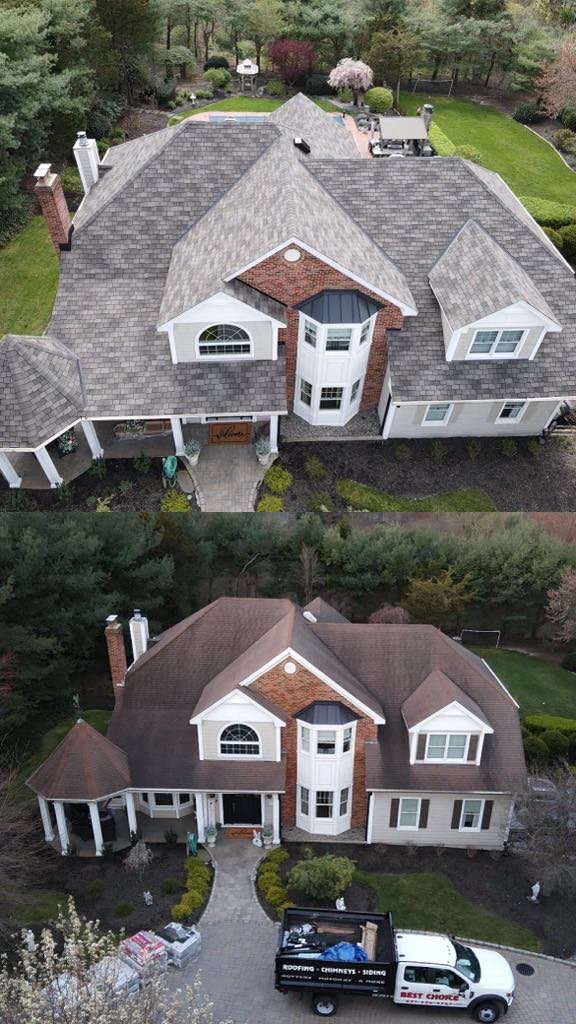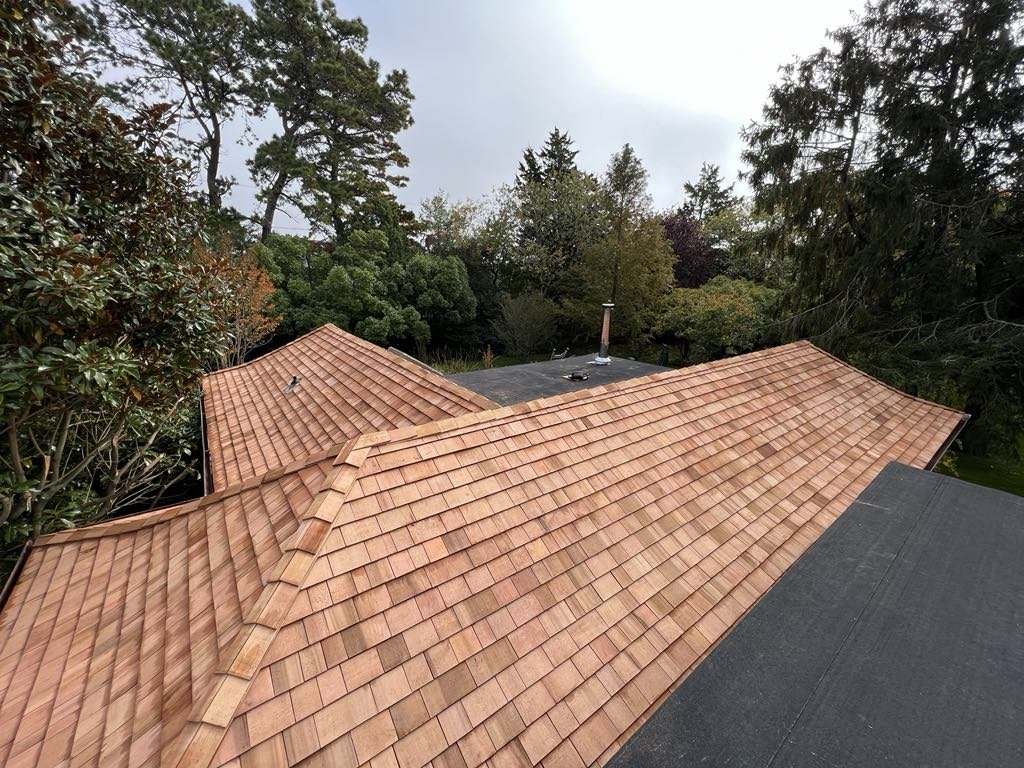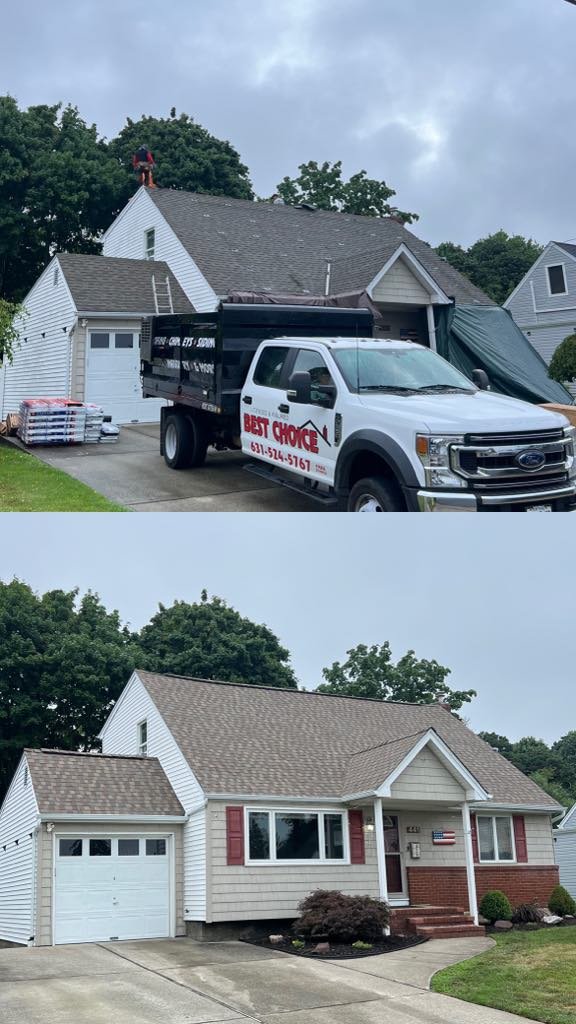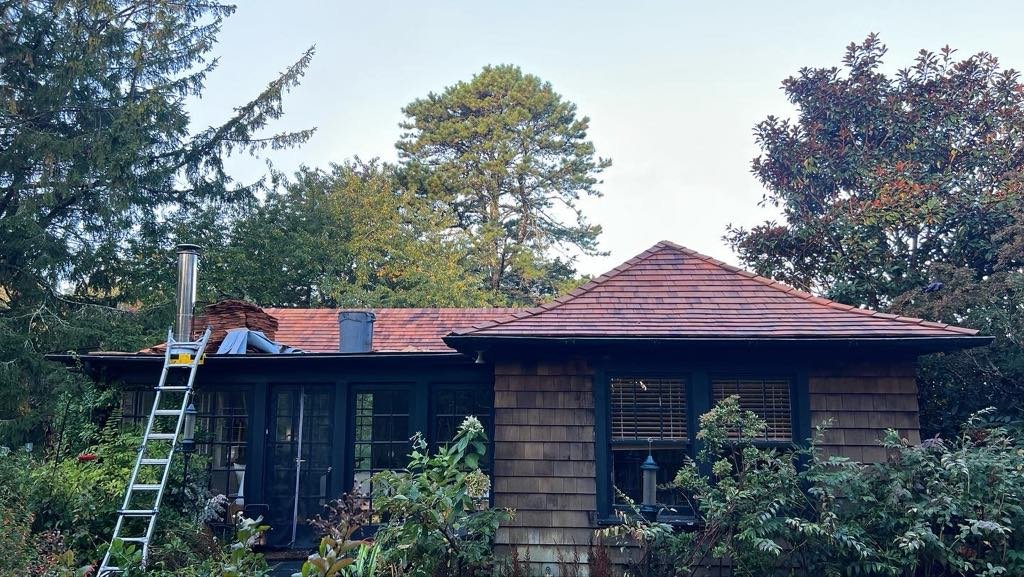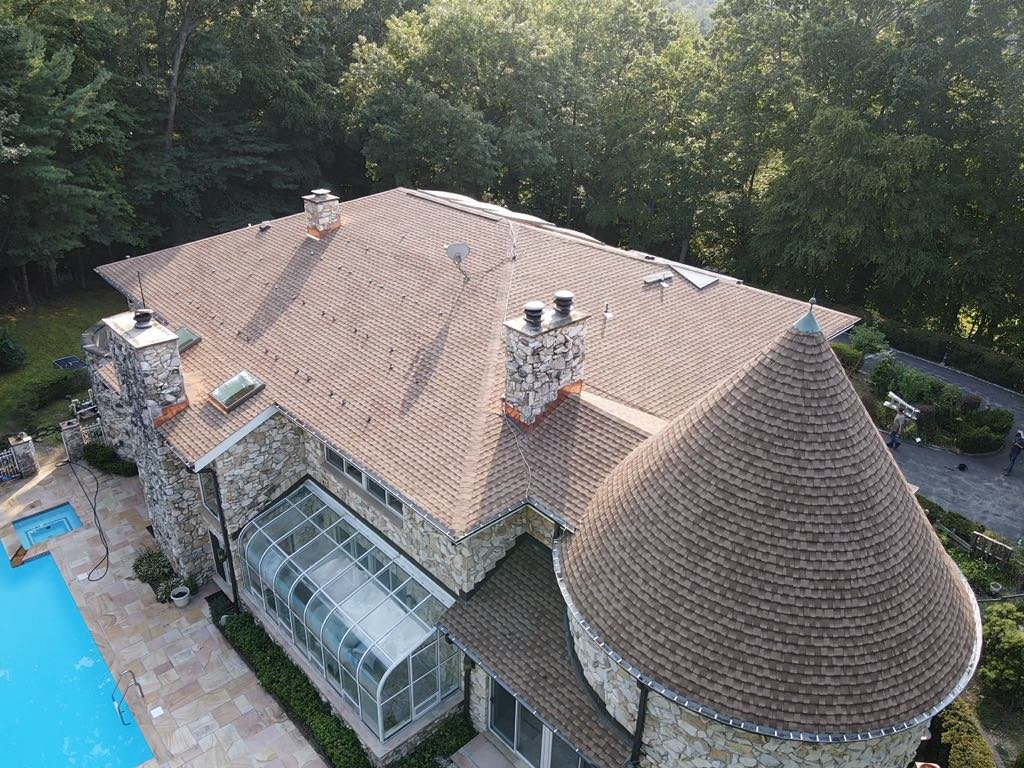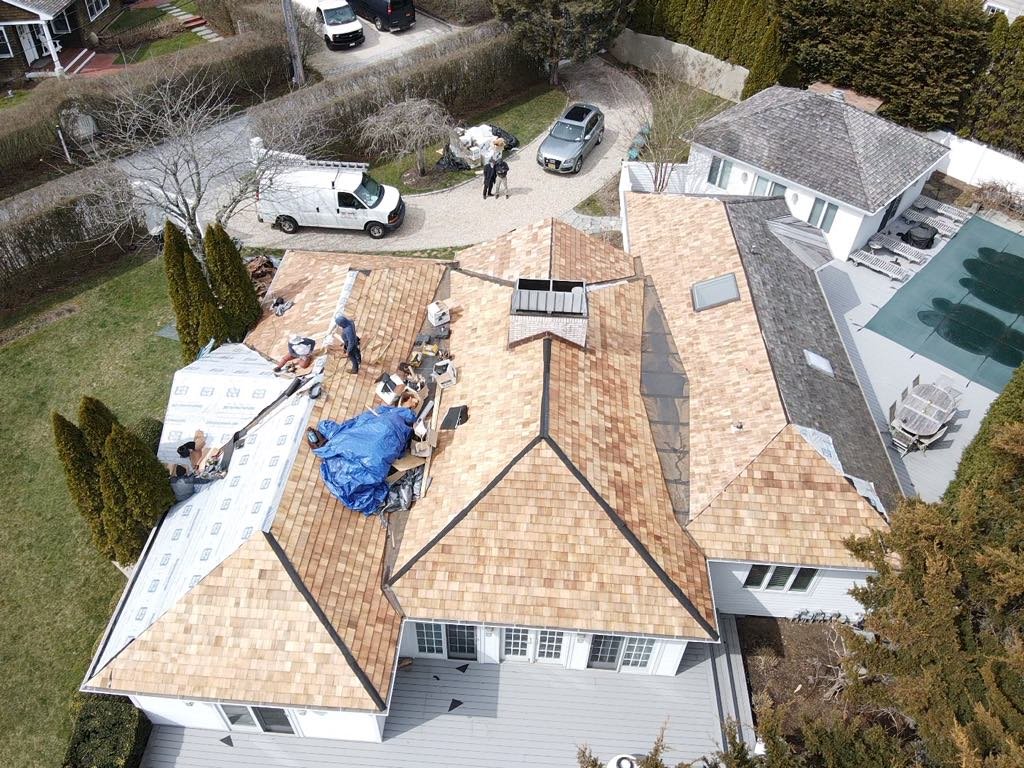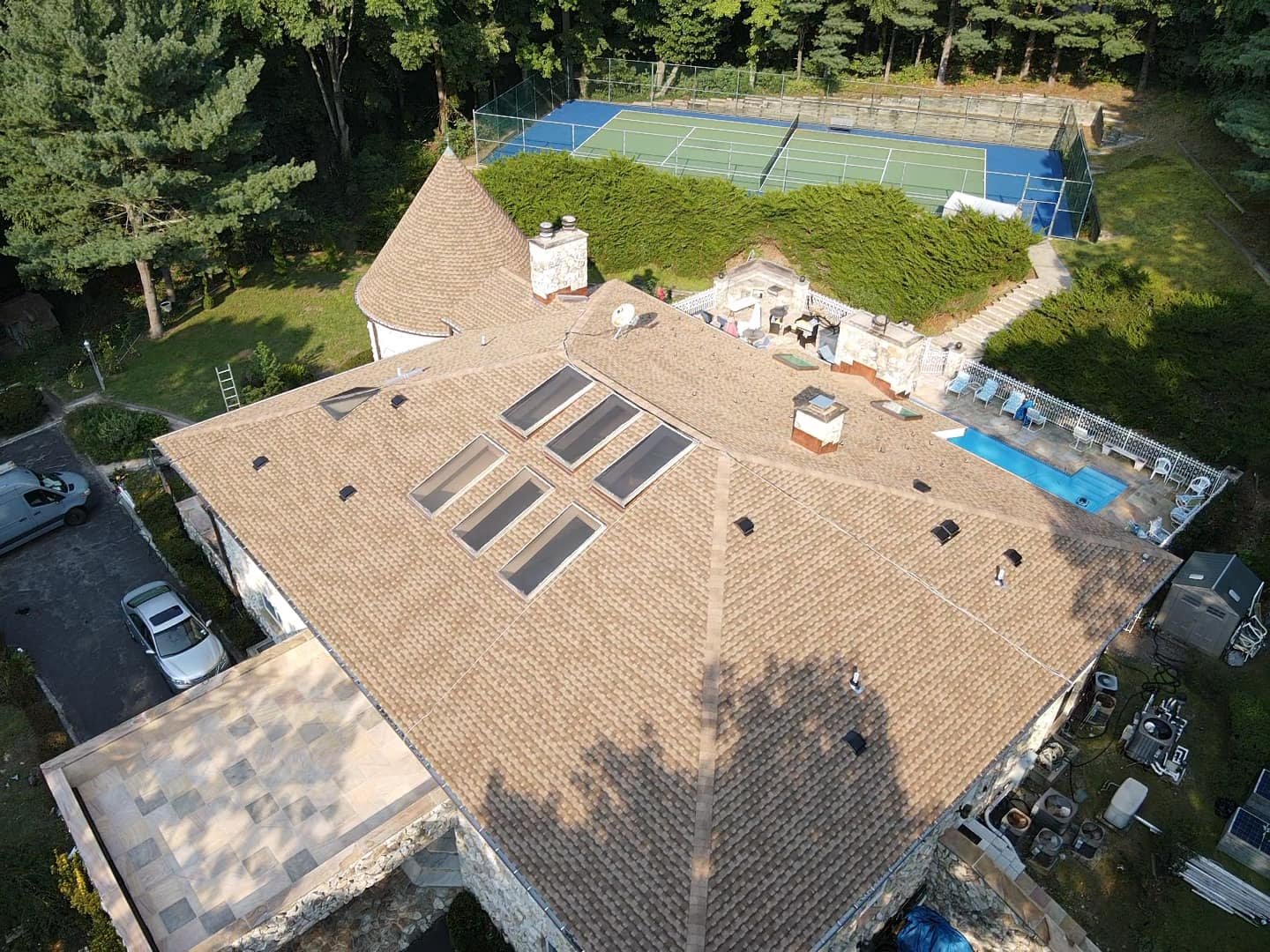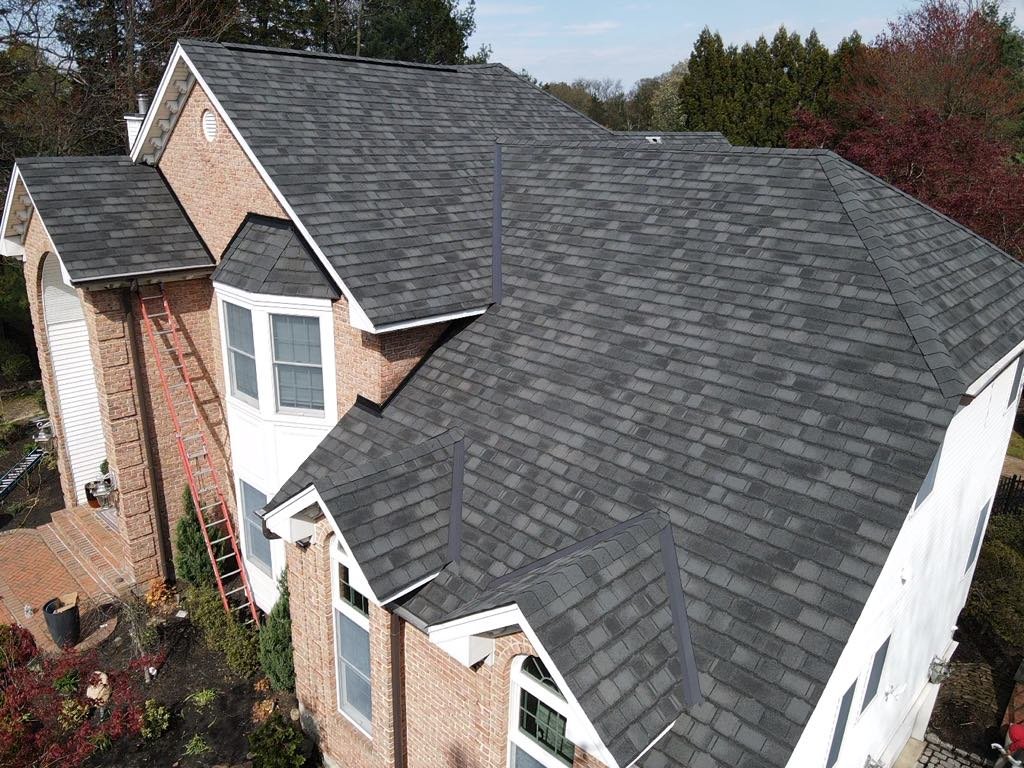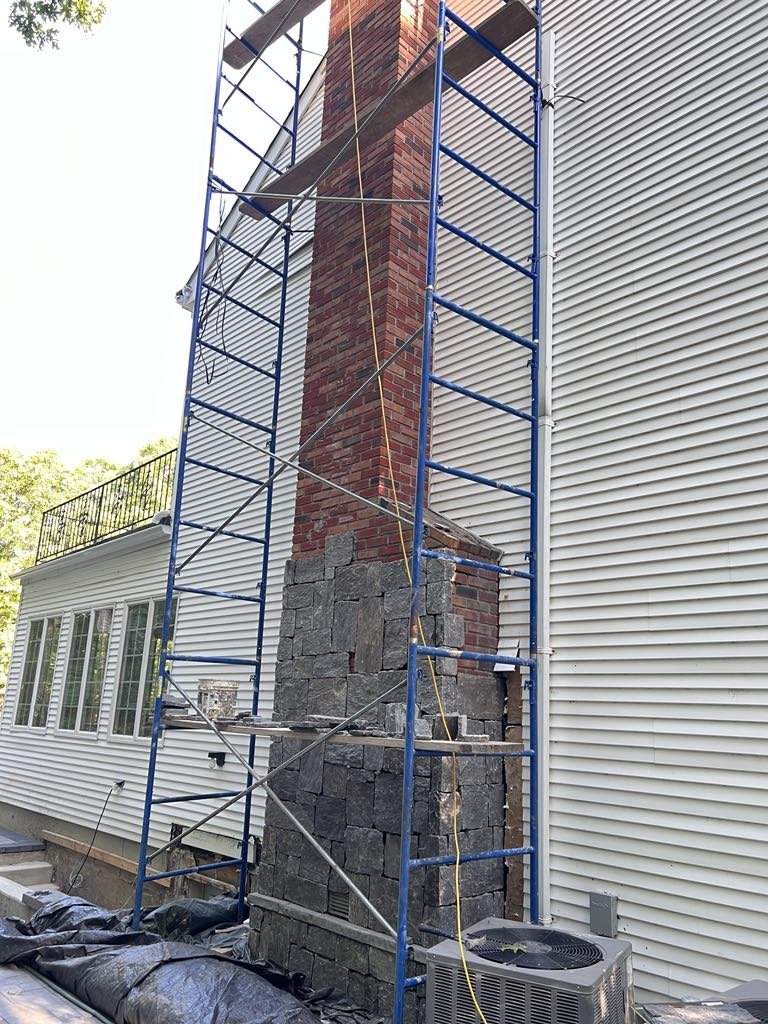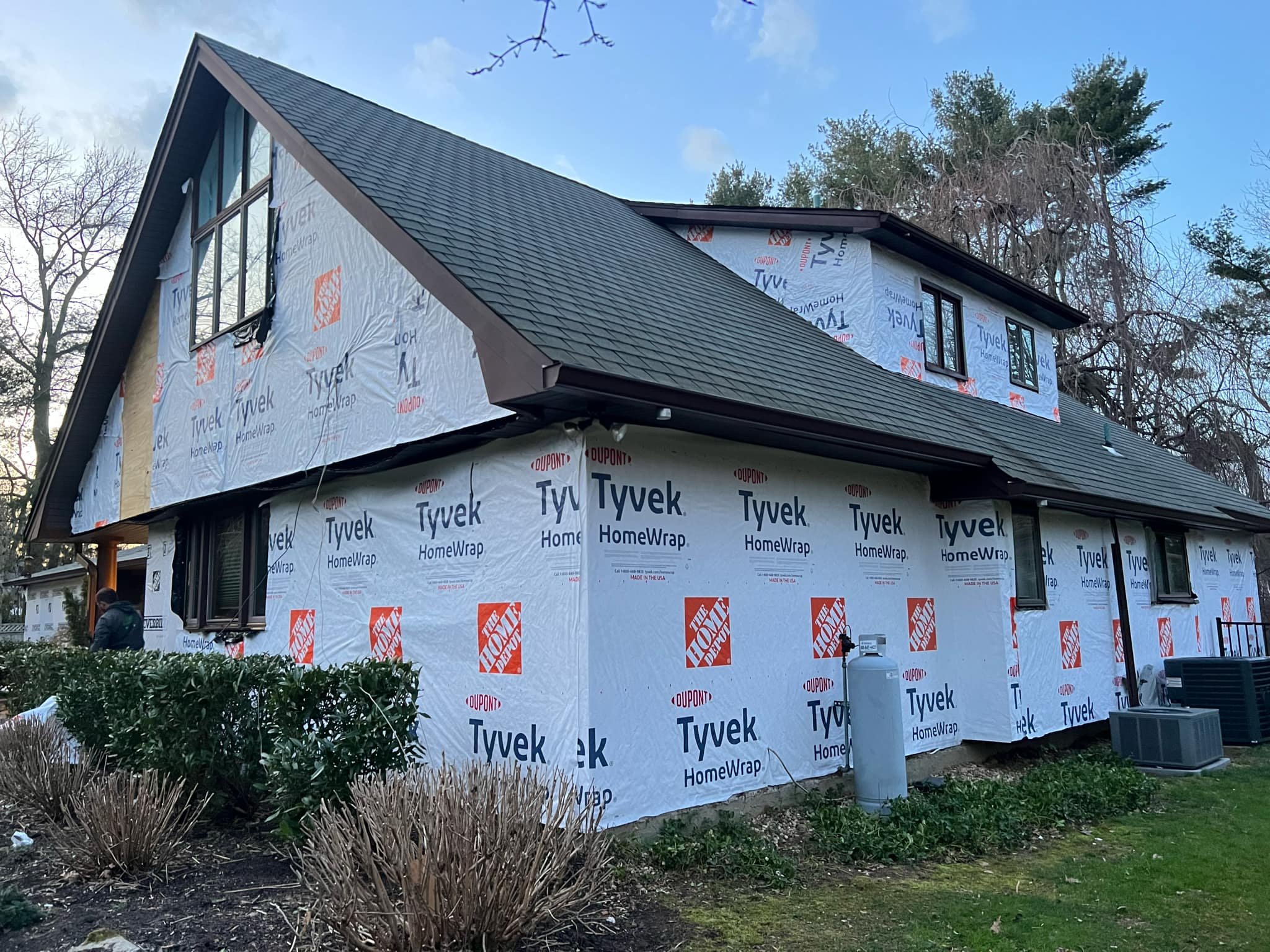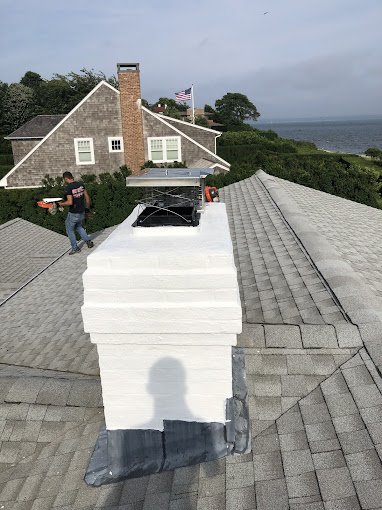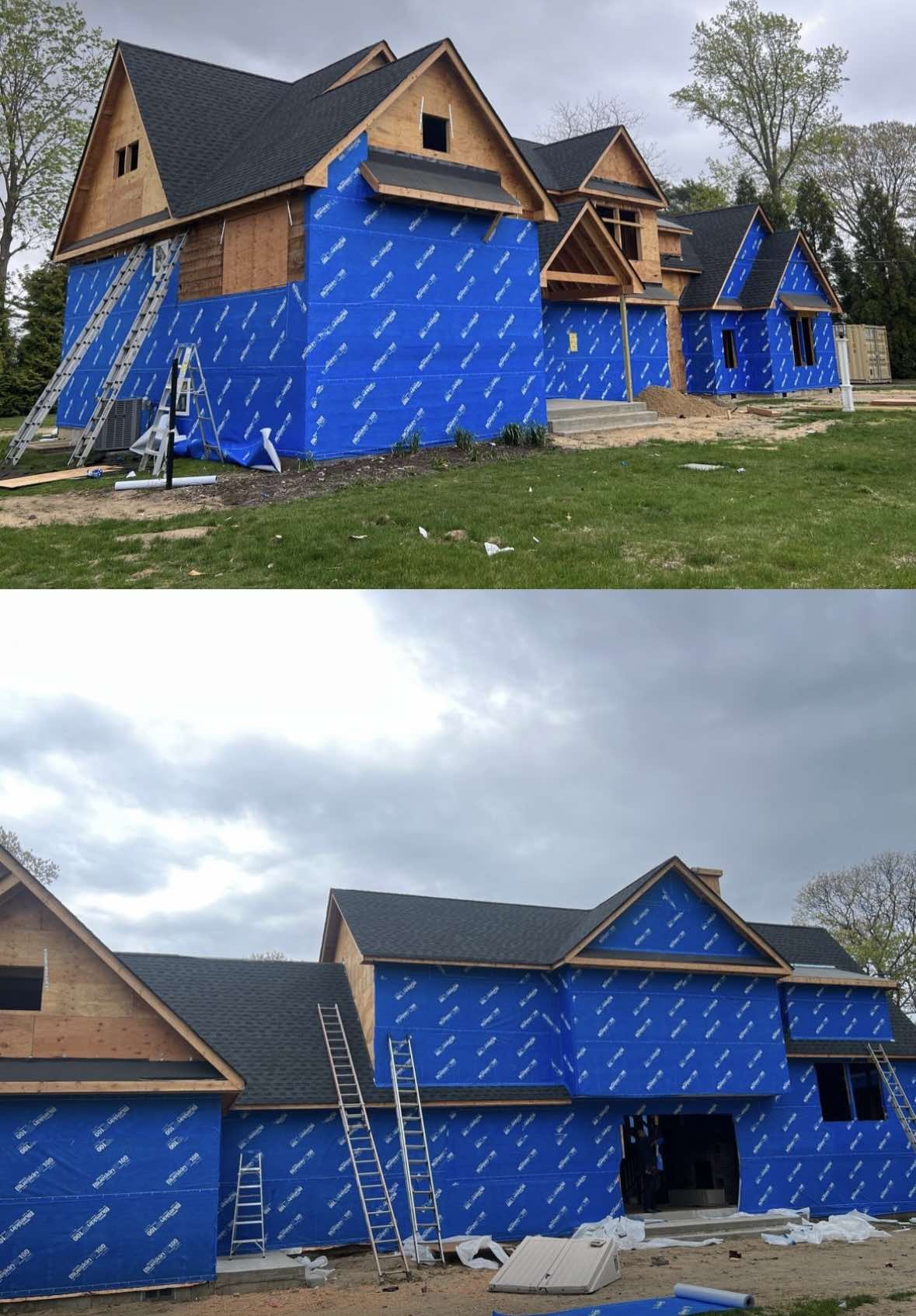
"Looking for the best roofer in town? Look no further! We pride ourselves on providing top-quality roofing services that not only meet but exceed our clients’ expectations."
Talk to an expert : 631-524-5767
At Best Choice Roofing & Chimney , we pride ourselves on delivering top-quality roofing, chimney, siding, gutters, deck, and masonry services all over Long Island. As a family-owned business with years of experience, we are committed to providing exceptional craftsmanship, reliable solutions, and affordable prices to our community. Whether you're looking for a roof replacement, chimney repair, or new siding installation, our skilled team is dedicated to ensuring your home is safe, beautiful, and built to last.
We treat every project as if it were our own home—because to us, it’s not just about fixing houses; it’s about building lasting relationships with our community .
Contact us today for a free estimate and experience the difference of working with a family business that cares.
OUR SERVICES
ROOFING
Roofing services encompass a wide range of activities related to the installation, maintenance, and repair of roofs. Here’s an overview of the key services typically offered by us as a roofing specialist:
1.Roof Installation
New Roof Installation: This includes the complete installation of a new roof system. It involves selecting the right materials (asphalt shingles, wood ,rubber ,metal, tile, etc.) based on factors like climate, building style, and budget.
2. Roof Repair
Leak Repairs: Identifying and fixing leaks to prevent water damage. This may involve patching up holes, replacing shingles, or sealing around vents and chimneys.
Storm Damage Repair: After severe weather, roofs may sustain damage. Roofing services can assess storm-related issues and perform necessary repairs.
Structural Repairs: Addressing issues like sagging roofs, damaged rafters, or issues caused by pests.
3. Maintenance Services
Roof Inspections: Regular inspections can identify potential issues before they become major problems. This may involve checking for loose shingles, rusted flashing, and other signs of wear.
Cleaning: Removing debris, leaves, and moss to prevent water accumulation and damage.Sealing: Applying sealants to joints and flashings to prevent leaks.
Gutter Maintenance: Cleaning and repairing gutters to ensure proper drainage, which is critical for roof longevity.
4. Emergency ServicesOur company offer emergency services to address urgent issues such as leaks or damage from storms, ensuring that properties are protected from further damage
5.ConclusionRoofing services are essential for maintaining the integrity and longevity of any building. Regular maintenance and timely repairs can save homeowners and business owners significant amounts of money in the long run by preventing extensive damage.
CHIMNEY
Chimney service refers to a range of maintenance, repair, and inspection activities aimed at ensuring that chimneys function properly, safely, and efficiently. Regular chimney service is essential to prevent hazards such as chimney fires, carbon monoxide poisoning, and structural damage to your home. Here’s an overview of the typical components of chimney service we offer :
1. Chimney Inspection
Visual Inspection: A thorough examination of the chimney's exterior and interior to identify any visible issues such as cracks, loose bricks, or signs of water damage.
2. Chimney Cleaning (Sweeping)
This process involves removing soot, creosote, and debris from the chimney flue. Regular cleaning helps prevent chimney fires and ensures proper airflow, reducing the risk of smoke backing up into the home.
3. Chimney Repair
Masonry Repair: Fixing cracks in the chimney structure, replacing damaged bricks, and repointing mortar joints.
Flue Repair: Repairing or replacing the inner lining that protects the chimney and improves efficiency.
Crown Repair: Fixing or replacing the chimney crown which protects the chimney from water infiltration.
Cap Installation or Repair: Adding or repairing a chimney cap helps prevent water damage and keeps animals out.
4. Chimney Relining
If the chimney flue is damaged or outdated, relining the chimney can improve safety and efficiency. This process involves installing a new liner, which is made from stainless steel.
5. Chimney Waterproofing
Applying a waterproof sealant to the chimney structure helps prevent water infiltration, which can lead to significant damage over time. Waterproofing is particularly important for masonry chimneys.
7. Smoke Chamber and Damper Maintenance
Ensuring the smoke chamber is clean and the damper operates correctly is crucial for optimal airflow and efficiency. Repairs may include resurfacing the smoke chamber or replacing the damper.
8.Importance of Chimney Services
Regular chimney service is essential for preventing fires, ensuring efficient operation of heating systems, and maintaining indoor air quality. Homeowners should schedule regular inspections and cleanings, typically once a year, especially before the heating season.
If you have specific questions or need details about a particular aspect of chimney services, feel free to ask!
SIDING
Siding service refers to the various activities involved in the installation, maintenance, repair, and replacement of the exterior cladding of a building. Siding serves multiple purposes, including protecting the structure from the elements, enhancing its aesthetic appeal, and improving energy efficiency. Here’s a detailed explanation of siding services:
1. Installation
New Construction: Installing siding on new buildings to create a weatherproof and finished exterior.
Replacement: Removing old siding materials and replacing them with new siding options due to wear, damage, or aesthetic upgrades.
Material Options: Various materials can be used, including vinyl, wood, fiber cement, aluminum, and stucco, each with its own benefits and aesthetic qualities.
2. Repair
Damage Assessment: Evaluating existing siding for damage caused by weather, pests, or other issues.
Patch and Replace: Repairing specific sections of siding or replacing damaged panels.
Sealing: Ensuring that seams and joints are properly sealed to prevent water infiltration and moisture issues.
3. Maintenance
Cleaning: Regular cleaning of siding materials, especially vinyl, to prevent mold, mildew, and dirt buildup.
Painting/Staining: Repainting or staining wood siding to maintain appearance and protect against rot and decay. For some materials, repainting may not be necessary, but periodic inspections are important.
Inspections: Conducting annual or biannual inspections to identify potential issues before they become significant problems.
4. Consulting and Design
Material Selection: Helping homeowners choose the right siding material based on climate, budget, and personal style.
Color and Design: Assisting in selecting colors and siding styles that will enhance the property's curb appeal and align with architectural styles.
5. Energy Efficiency Improvements
Insulation Installation: Some siding services may include exterior insulation to improve the energy efficiency of a home.
Ventilation Solutions: Installing proper ventilation systems in conjunction with siding to prevent moisture buildup and improve energy efficiency.
6. Customization
Trim and Accessories: Installing decorative trim, soffits, and fascia to complement the siding and improve aesthetics.
Special Features: Incorporating features like shutters, window boxes, or custom designs to enhance visual interest and curb appeal.
Masonry is an ancient construction method that involves building structures from individual units, which are often laid in a specific pattern and bound together with mortar. The materials used in masonry can vary but commonly include:
Brick: Fired clay or concrete blocks.
Stone: Natural stones like granite, limestone, or marble.
Concrete Block: Prefabricated concrete units, often referred to as cinder blocks.
1.Key Characteristics of Masonry:
Durability: Masonry structures are often very strong and durable, withstanding various environmental stresses.
Thermal Mass: Masonry units have a high thermal mass, meaning they can absorb and retain heat, contributing to energy efficiency.
Fire Resistance: Most masonry materials are non-combustible, providing excellent fire resistance.
Aesthetic Versatility: Masonry allows for a wide range of designs, colors, and textures, making it popular in architectural applications.
2.Types of Masonry:
Load-Bearing Masonry: Structures that use masonry walls to support the weight of the roof and floors above.
Non-Load Bearing Masonry: Walls that serve as partitions but do not support structural loads.
Reinforced Masonry: Incorporates steel reinforcement bars (rebar) to enhance strength and ductility.
3.Construction Techniques:
Bond Patterns: The way masonry units are arranged (e.g., running bond, stack bond) affects the strength and appearance.
Mortaring: The use of mortar to bond units helps to distribute loads and provide stability.
Pointing: The finishing of mortar joints to enhance aesthetics and protect against water infiltration.
Applications:
Masonry is commonly used for:
Residential buildings (walls, chimneys)
Commercial structures (facades, retaining walls)
Landscape features (patios, walkways)
Historical buildings (due to its longevity and aesthetic appeal)
4.Maintenance:
While masonry is typically low-maintenance, it can be subject to problems like moisture penetration, efflorescence (white mineral deposits), and cracking. Regular inspections and timely repairs can prolong the lifespan of masonry structures.
In summary, masonry is a versatile, durable, and aesthetically appealing construction method that has been utilized for centuries, suitable for a wide range of building applications.
MASONRY
Our Recent Projects

